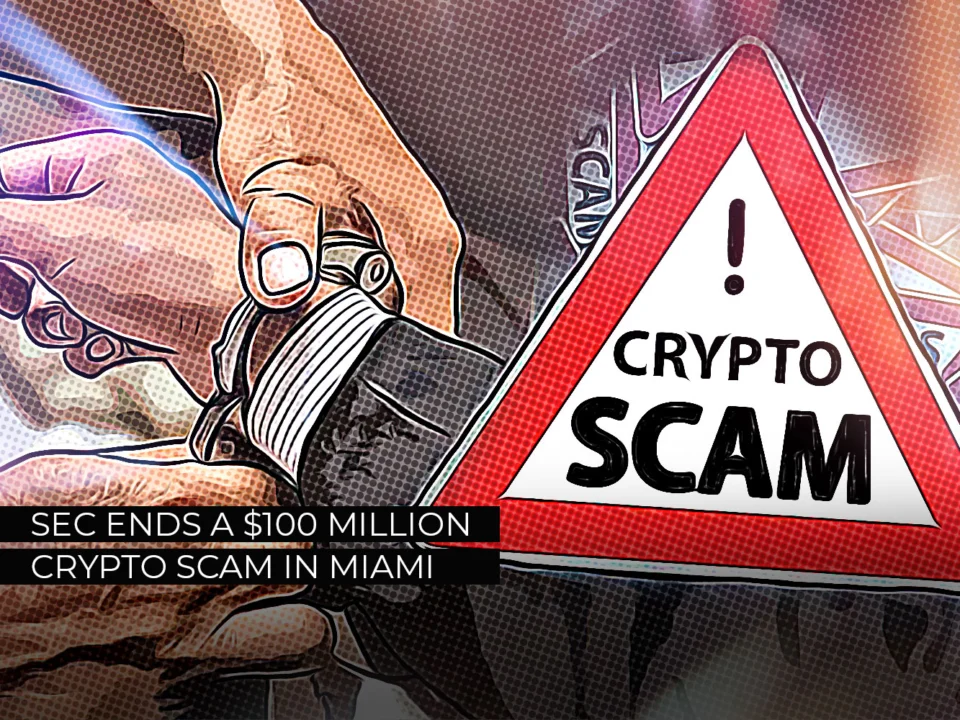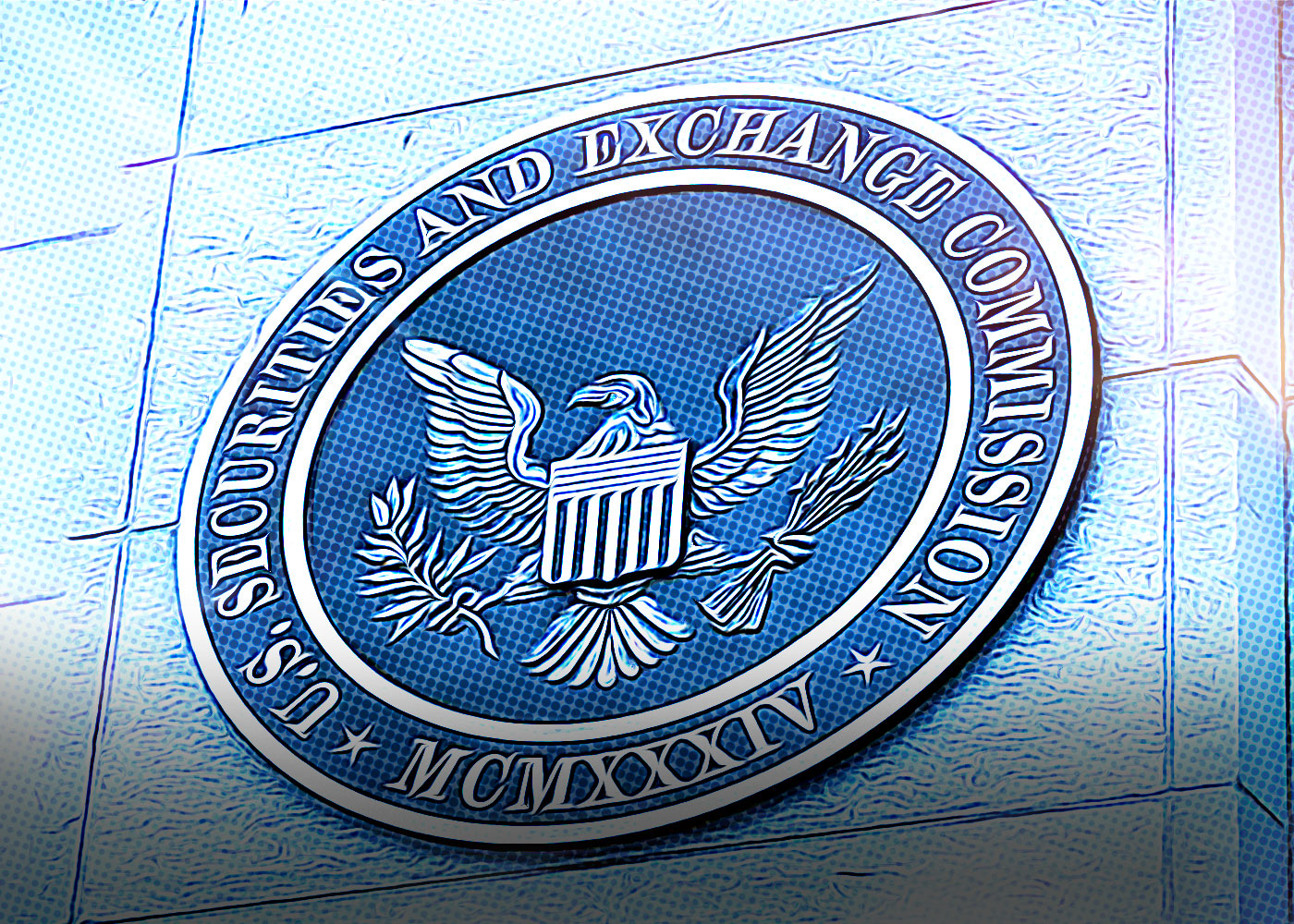The SEC recently dismantled a $100 million crypto scam in Miami, marking a significant victory in the battle against fraudulent activities in the cryptocurrency market. This high-profile case demonstrates the SEC’s commitment to protecting investors from sophisticated scams that can jeopardize financial security. The swift actions taken by the authorities not only led to legal consequences for those involved but also sent a clear message to potential fraudsters. Consequently, this event is likely to have far-reaching implications for the burgeoning cryptocurrency sector, advocating for more stringent regulatory oversight.
Details of the $100 Million Crypto Scam

The SEC recently uncovered a significant crypto scam in Miami that defrauded investors of over $100 million. Here’s how it unfolded:
- Fraudulent Offerings: The scammers lured victims by offering fake cryptocurrency investments that promised high returns with minimal risk.
- False Claims: They misled investors with false claims about partnerships and technology innovations.
- Complex Schemes: The perpetrators used complex schemes, including Ponzi-like structures, to generate initial trust among investors.
- Misappropriated Funds: Instead of investing the funds as promised, they diverted the money for personal gain, luxury purchases, and other unauthorized uses.
Key Players and Methods:
| Player | Role | Misdeed |
|---|---|---|
| Main Organizer | Mastermind | Created and promoted the scam |
| Sales Agents | Intermediaries | Convincingly sold the fake investments |
| Financial Advisors | Trusted professionals | Gave fake assurances about the investment’s safety |
This sec,scam was one of the most significant frauds the city has seen recently, impacting both individual and institutional investors. Understanding the mechanisms of such scams can help in recognizing future potential frauds and securing one’s investments.
Legal Actions Taken by the SEC
The SEC, or Securities and Exchange Commission, stepped in to dismantle the $100 million crypto scam in Miami with decisive legal measures. Acting swiftly, the SEC leveraged a range of strategies to ensure the perpetrators faced justice.
Key Legal Actions:
- Freezing Assets: The SEC secured an emergency asset freeze to prevent the wrongdoers from dissipating investor funds.
- Filing Fraud Charges: The commission filed formal charges against the involved parties for multiple violations, including securities fraud.
- Seeking Injunctive Relief: The SEC requested a court order to halt further fraudulent activities by the accused.
- Appointing a Receiver: They appointed a receiver to manage and recover misappropriated assets, ensuring that investors could potentially reclaim their investments.
- Coordination with Other Agencies: Collaboration with federal and state agencies bolstered the enforcement actions, creating a robust defense against the scam.
These proactive steps by the SEC underscore their commitment to protecting investors and maintaining the integrity of the financial markets. By addressing the scam head-on, the SEC aims to deter future fraudsters and restore confidence in the cryptocurrency space.
Implications for the Cryptocurrency Market
The SEC’s successful crackdown on the $100 million crypto scam in Miami holds significant implications for the cryptocurrency market. This legal action sends a clear message to all market participants about the importance of adhering to regulatory standards. Here are some key takeaways:
- Increased Regulatory Scrutiny: The SEC’s actions highlight the agency’s commitment to monitoring and regulating the cryptocurrency market more rigorously. Expect more frequent audits and investigations.
- Enhanced Investor Confidence: By demonstrating its ability to detect and dismantle fraudulent schemes, the SEC boosts investor trust in the cryptocurrency sector, potentially attracting more legitimate investments.
- Market Stability: Removing fraudulent entities from the market can lead to a more stable environment, reducing volatility associated with scam-related news.
- Compliance Importance: Cryptocurrency companies must now prioritize compliance to avoid legal repercussions. This includes transparent operations and adherence to existing financial regulations.
- Potential for More Guidelines: The SEC might introduce additional rules aimed at preventing similar scams in the future, which could alter how crypto businesses operate.
In summary, the SEC, scam prevention initiatives, and resultant legal actions will likely reshape the market landscape, promoting a safer and more regulated environment for all stakeholders.
Frequently Asked Questions
What was the nature of the $100 million crypto scam in Miami?
The scam involved fraudulent investment schemes where the perpetrators promised high returns on cryptocurrency investments. They lured investors under false pretenses, misrepresenting the potential profitability of their ventures and misappropriating the funds for personal use.
How did the SEC become aware of the crypto scam?
The SEC was alerted to suspicious activities through complaints and reports from affected investors and industry stakeholders. They conducted thorough investigations, using forensic accounting and cybersecurity expertise, to uncover the extent of the fraud and gather evidence against those involved.
What actions did the SEC take to end the crypto scam?
The SEC issued cease-and-desist orders, froze the assets of those involved, and filed charges against the perpetrators. Their enforcement actions aimed to halt the fraudulent activities immediately, secure investor funds, and bring the scammers to justice through legal proceedings.
What should investors do if they suspect they are victims of a similar scam?
Investors should promptly report any suspicious activities to the SEC or their local regulatory authorities. They should gather and provide all relevant documentation, such as transaction records and communications with the perpetrators, to assist in the investigation. Additionally, consulting with a legal or financial expert can help them navigate the process of recovering their funds and protecting their interests.







